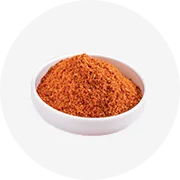Types of Grape Juice Concentrate Aged in Barrels
There are several varieties of grape juice concentrate in barrel, each with unique attributes based on the grape variety and aging process. Cabernet Sauvignon concentrate is known for its bold flavors of black currant, plum, and cherry, complemented by spicy and cedar undertones. Merlot concentrate offers softer, fruitier notes of cherries, raspberries, chocolate, and herbs, with barrel aging contributing to its smoothness. Syrah concentrate is rich and full-bodied, featuring flavors of blackberry, plum, and peppery spices, while Zinfandel concentrate provides a balance of juicy berries and rustic fig or pepper tones. For white grape varieties, Sauvignon Blanc concentrate has a bright, zesty character with citrus and green apple notes, whereas Chardonnay concentrate ranges from fruity to buttery, depending on the region and barrel type.


































































